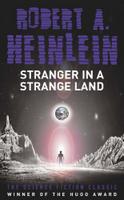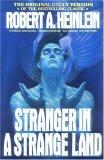
In some ways this is a fairly bog standard detective thriller, but because it reads so easily, and seems to have avoided some of the cliches, it's better than you might think. According to Wikipedia, Leonard's "two major influences" are Gangsters and the Detroit Tigers baseball team. But the latter is absent totally from the novel, and the former is only there in passing.
In common with many writers in this genre, Leonard seems to avoid complicated character portrayal, except with his hero. Everyone else is either a bad, corrupt flawed person or an innocent waiting to be hurt. Needless to say the good guy prevails.
Unusually for this type of book, there are some memorable scenes. For instance, the moment when the hero, Vincent, takes the ashes of the murdered woman he loved, home to her family...
"Vincent presented the stainless steel urn to the grandmother. She hesitated before taking it and passed it on quickly as she saw her reflection in the polished metal. Each woman in turn looked away to avoid seeing herself in the urn, passing it on and making the sign of the cross"
Sometimes, detective fiction can try to hard to emulate the observational writing style of an author like Raymond Chandler, but at least in this case it doesn't feel too forced.
This book also has the perfect nasty evil bloke. Terry, the murderous rapist, some of who's crimes are a little to detailed here, is out to get his revenge on Vincent, who locked him up years before. The other characters revolve around this central theme like planets around the sun, affecting the courses of the main protagonists, but never really coming into proper sight. It makes for a enjoyable, but ultimately predictable read.






